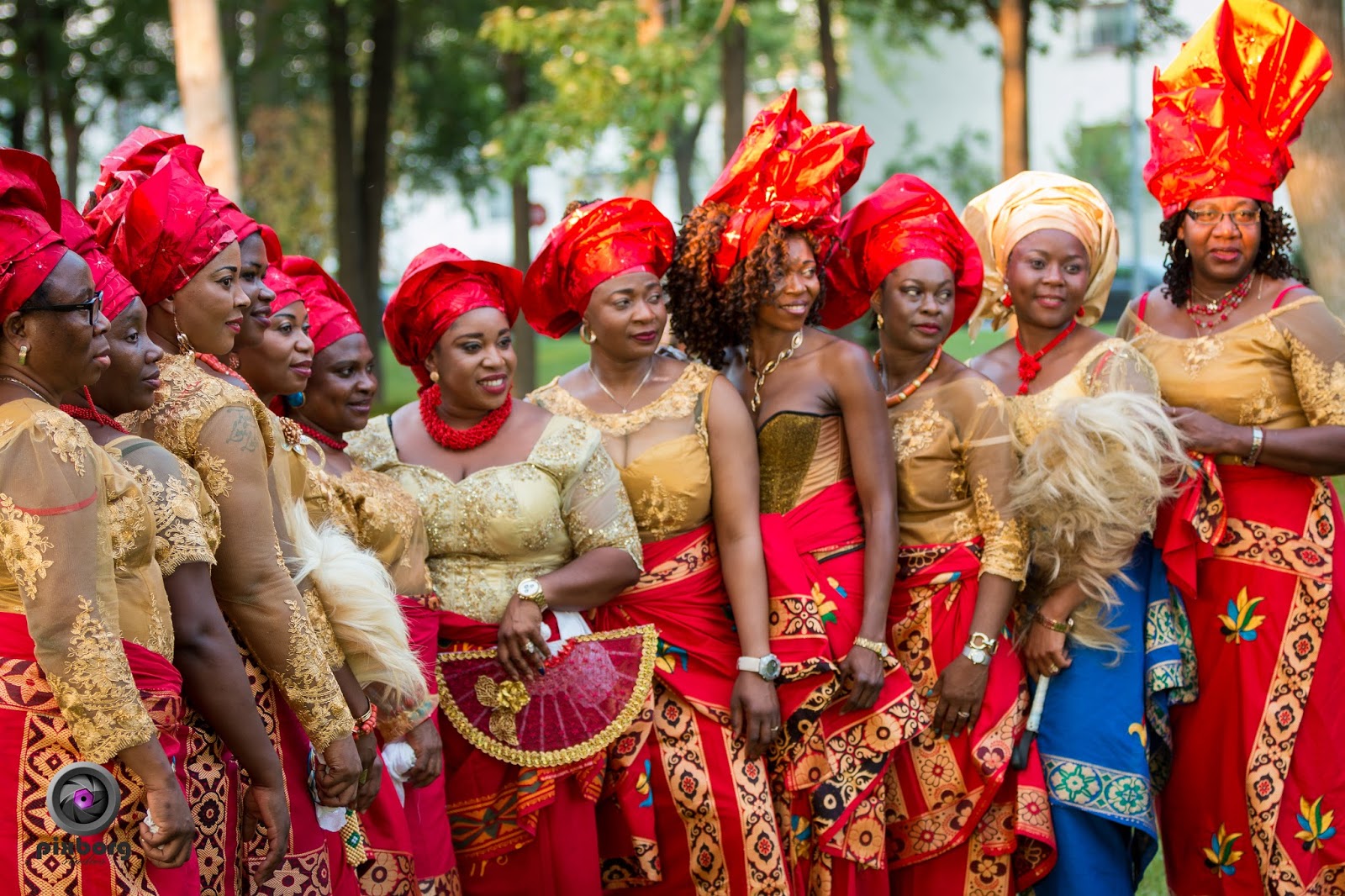Nigeria Igbo: Exploring The Rich Culture And Heritage
Nigeria Igbo is a vibrant and diverse ethnic group that significantly contributes to Nigeria's rich cultural tapestry. Known for their strong traditions, entrepreneurial spirit, and deep-rooted sense of community, the Igbo people have a remarkable history that deserves attention. In this article, we will delve into the essence of the Igbo culture, their historical background, social structure, and contemporary issues faced by the community.
The Igbo community is one of the largest ethnic groups in Nigeria, predominantly residing in the southeastern region of the country. With a population of over 40 million people, the Igbo culture is known for its unique language, customs, and festivals that reflect their identity and values. Understanding the Igbo people is essential to grasping the broader narrative of Nigeria's history and its socio-cultural dynamics.
Throughout this article, we will explore various aspects of Igbo culture, including their traditional beliefs, arts, and crafts, as well as the challenges they face today. By the end, you will have a comprehensive understanding of the Nigeria Igbo community and its significant role in shaping Nigeria's identity.
Table of Contents
- History of the Igbo People
- Culture and Traditions
- Igbo Language
- Social Structure and Family Life
- Economic Activities
- Challenges Facing the Igbo Community
- Conclusion
- References
History of the Igbo People
The history of the Igbo people dates back thousands of years, with archaeological evidence suggesting early settlements around 1000 BC. The Igbo culture is characterized by its agricultural-based society, which has evolved over time, influenced by trade, colonization, and globalization. The arrival of European colonizers in the 19th century brought significant changes, leading to the introduction of Christianity and Western education.
During the Nigerian Civil War (1967-1970), the Igbo community faced immense hardship, as the conflict was primarily rooted in ethnic tensions. The war had lasting effects on the Igbo people, impacting their social and economic structures. Despite these challenges, the Igbo have shown resilience and continue to thrive in various sectors.
Culture and Traditions
Igbo culture is rich and diverse, encompassing various aspects such as music, dance, festivals, and traditional practices. The people take great pride in their heritage, which is evident during cultural celebrations.
Festivals
- New Yam Festival: Celebrated annually, this festival marks the beginning of the harvest season and is characterized by feasting, dancing, and traditional rituals.
- Igbo Day: An event that celebrates Igbo heritage and fosters unity among the Igbo people worldwide.
Arts and Crafts
Igbo artisans are renowned for their craftsmanship, particularly in pottery, weaving, and wood carving. These crafts not only serve functional purposes but also reflect the artistic expression of the Igbo culture.
Igbo Language
The Igbo language is one of the principal languages spoken in Nigeria, with several dialects across different regions. It is a tonal language, meaning that the pitch used in pronunciation can change the meaning of words. Efforts are ongoing to promote and preserve the language, especially among the younger generation.
Social Structure and Family Life
The Igbo community places a strong emphasis on family and communal ties. Traditionally, the society is patrilineal, where lineage and inheritance are passed down through the male line. However, women also play crucial roles in the family and community, often managing businesses and contributing significantly to household income.
Economic Activities
The Igbo people are known for their entrepreneurial spirit, engaging in various economic activities such as agriculture, trade, and industry. The region is rich in natural resources, and the Igbo have been instrumental in establishing businesses that contribute to Nigeria's economy.
Challenges Facing the Igbo Community
Despite their resilience, the Igbo community faces several challenges, including political marginalization, economic disparities, and cultural erosion due to globalization. There are ongoing efforts to address these issues, with many Igbo leaders advocating for greater representation and inclusivity in national policies.
Conclusion
In conclusion, the Nigeria Igbo community is a vibrant and integral part of Nigeria's cultural landscape. Their rich history, traditions, and contributions to society highlight the importance of understanding and appreciating their heritage. As the Igbo people continue to navigate contemporary challenges, fostering unity and resilience remains crucial for their future.
We encourage you to share your thoughts in the comments below, explore more about the diverse cultures in Nigeria, and continue learning about the rich tapestry of human experiences.
References
- Nigerian History: The Igbo People. (2021). Retrieved from [source]
- Igbo Language and Culture. (2020). Retrieved from [source]
- Economic Contributions of the Igbo Community. (2022). Retrieved from [source]
Maggie Carey: A Comprehensive Look At The Life And Career Of The Acclaimed Director And Writer
Sevensupergirls: The Rise And Legacy Of A YouTube Phenomenon
Exploring The Life And Career Of Duane Lee: A Comprehensive Guide


